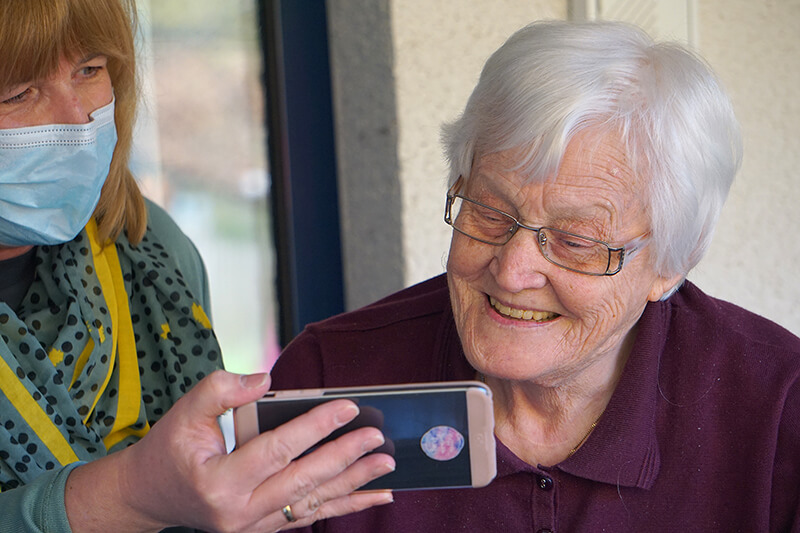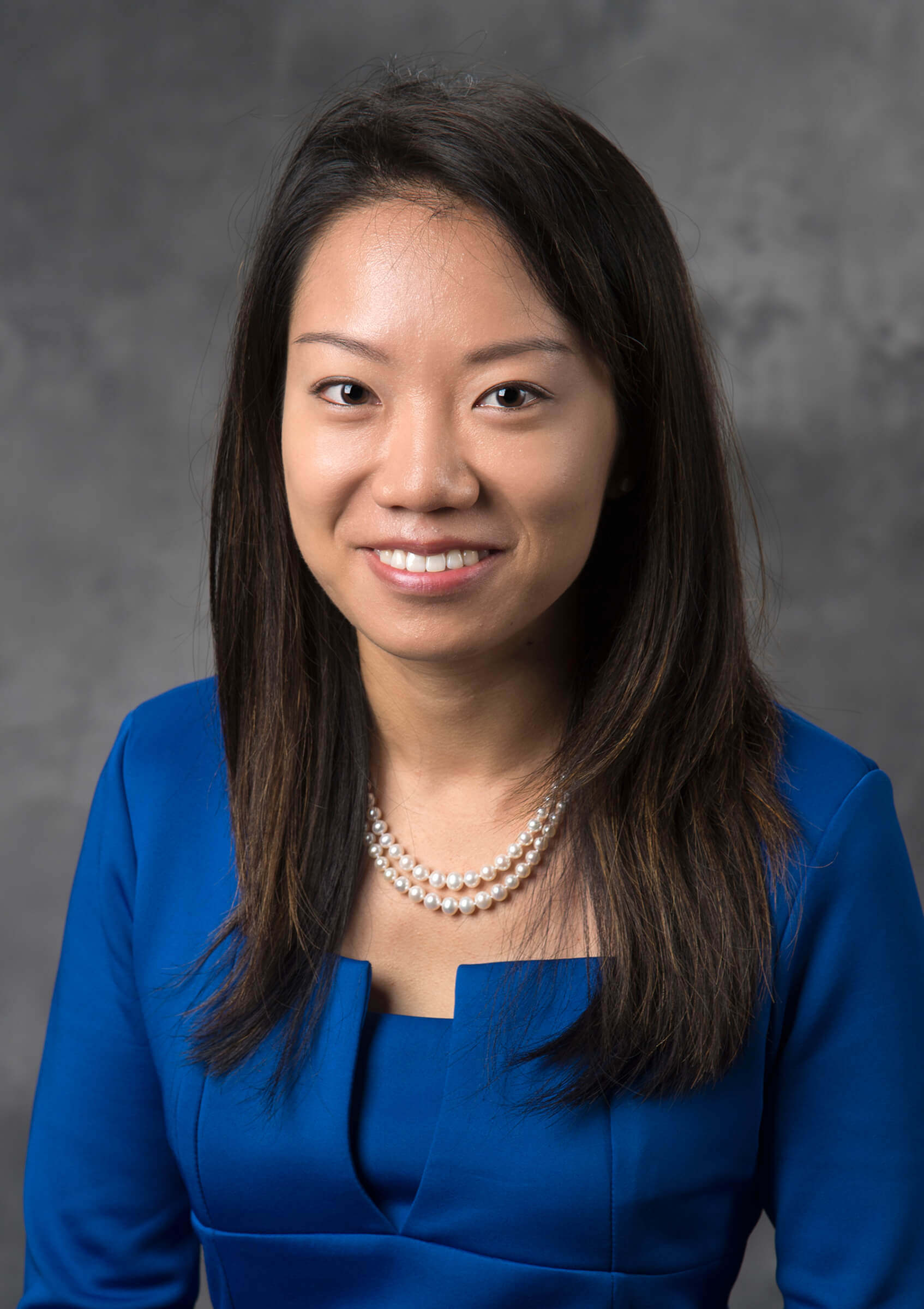May 20, 2020
Tips on taking care of loved ones at home or in a health care facility during the COVID-19 pandemic

A Purdue University nursing professor provides tips on caregiving and how to be prepared during the COVID-19 pandemic. (Photo by Georg Arthur Pflueger/Unsplash)
WEST LAFAYETTE, Ind. — As hospitals begin offering non-emergent surgeries and procedures, many limitations remain in place, including those that restrict visitors.
One Purdue University School of Nursing faculty member is providing some tips on how to care for a family member or oneself with extended medical care during the COVID-19 pandemic.
Jiayun Xu, an assistant professor who specializes in chronic disease management and family caregiving in the College of Health and Human Sciences, encourages adults to have a plan in place in case emergency care is needed.
- Pack a bag: Xu says to have a small bag with basic items that you could take with you to the hospital at a moment’s notice. Items can be clothing, toiletries, medication lists, medical equipment, insurance information, advance directives and emergency contacts. Families can consult online resources as well for tips on what to put in the travel bag. “The items in your hospital bag will look different than those in another person’s bag,” Xu says.
- Provide emotional support: With restrictions continuing, if a family member becomes hospitalized, you can still provide emotional support over the phone. “Health care providers often like to ask family members about a loved one’s medical history and social history, so being available to answer questionsand ask questions about your loved one’s care is helpful,” Xu says.
 Jiayun Xu, an assistant professor in Purdue University’s School of Nursing (Purdue University photo)
Download image
Jiayun Xu, an assistant professor in Purdue University’s School of Nursing (Purdue University photo)
Download image
- Helping others. Xu says it’s important to check in on older adults – either in your family or your neighborhood – but be sure to maintain social distance. “Some ideas for helping are calling to chat and check in, dropping off groceries or food by their door, and most importantly, asking what you can do to help them,” she says.
- Assisted living facility guidelines: With assisted living facilities or nursing homes having their own visitor restrictions, family members should call their relatives on a daily basis. They should make sure they are social distancing or are aware of any health issues in the facility, such as a COVID-19 outbreak. “Try to be positive in these conversations. You could use this time as an opportunity to reconnect and learn about your family member’s past,” Xu says. “Older adults usually enjoy reminiscing about their childhood and youth, and you may learn a new thing or two. If you have children, try including them in on these calls since older adults usually enjoy interacting with children. Emotional support is important during times of uncertainty.”
About Purdue University
Purdue University is a top public research institution developing practical solutions to today’s toughest challenges. Ranked the No. 6 Most Innovative University in the United States by U.S. News & World Report, Purdue delivers world-changing research and out-of-this-world discovery. Committed to hands-on and online, real-world learning, Purdue offers a transformative education to all. Committed to affordability and accessibility, Purdue has frozen tuition and most fees at 2012-13 levels, enabling more students than ever to graduate debt-free. See how Purdue never stops in the persistent pursuit of the next giant leap at purdue.edu.
Writer: Matthew Oates, 765-586-7496 (cell), oatesw@purdue.edu, @mo_oates
Source: Jiayun Xu, xu1115@purdue.edu
Note to Journalists: A photo of Jiayun Xu and a stock photo are available on Google Drive. Xu is available for phone or web-based video interviews. A video featuring Xu discussing the caregiving tips is available online.

